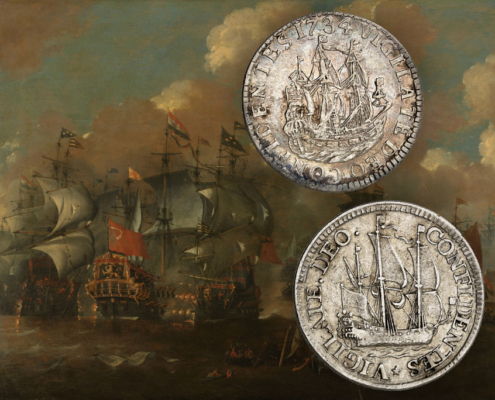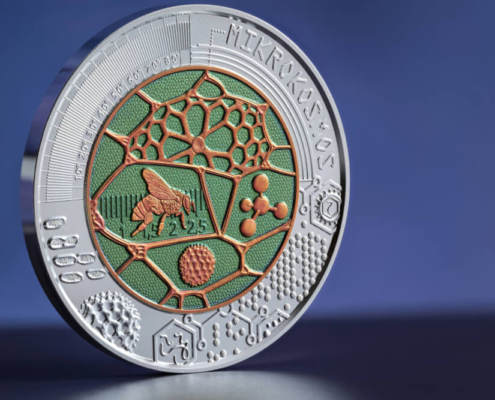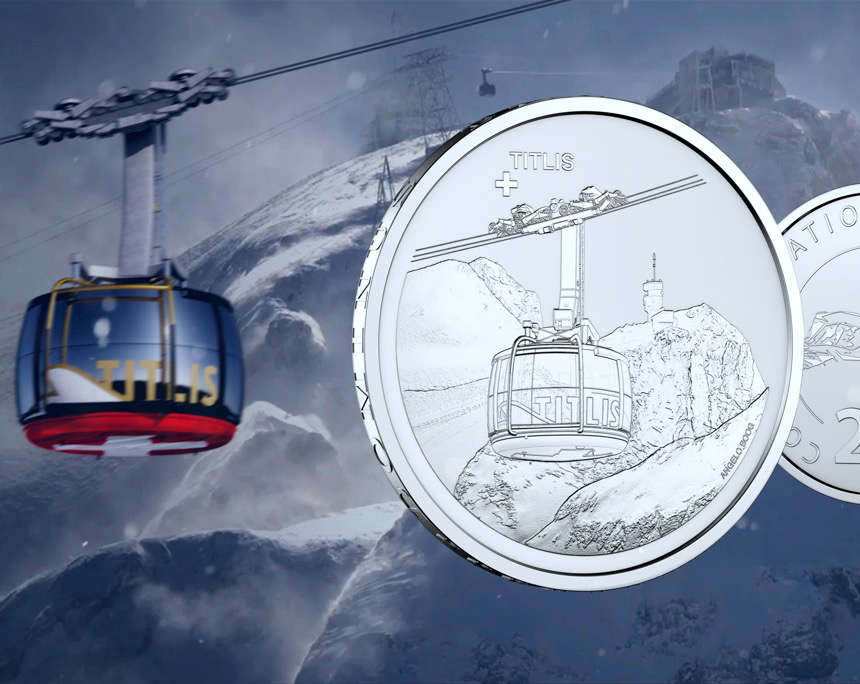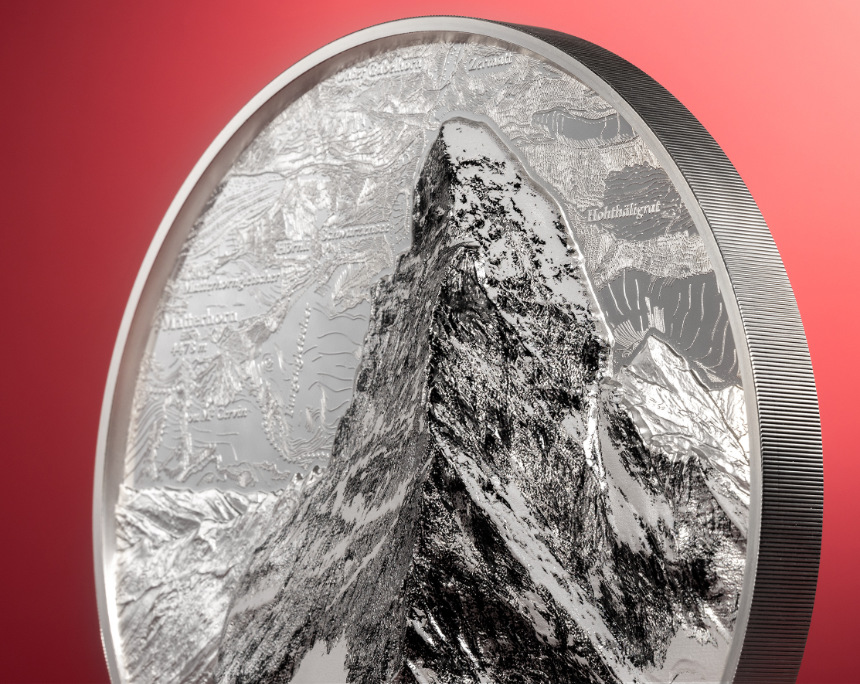Archive: People and Markets
The Second Issue on Swiss Cable Cars: The Titlis Cable Car
Attention cable car enthusiasts: Swissmint is launching the second issue in its series on Swiss cable cars. The subject of the third and final coin in the series has also already been announced.
CIT’s Matterhorn – 2 Kilo Edition
If you have ever stood in front of the Matterhorn, you will never forget the sight. CIT created a striking tribute to the iconic mountain, reproduced to scale with an incredible relief of 14 mm.
Archive: Coins, Medals and more

Bloody Flag and Scheepjesschelling
On 27 and 28 September 2024, Künker will auction off part 2 of the Beuth Collection with Dutch coins in collaboration with Laurens Schulman. This important collection includes numerous rarities. But it also contains affordable coins with two-digit estimates that are just as fascinating as their unique and extremely rare counterparts, as we will prove in this article.

Coloured Metal from Austria: Niobium Coins
In 2003, the Austrian Mint introduced a new metal with exciting characteristics to the world of coins: niobium. The beginning of a success story.










Two-Euro Ticker: New 2-Euro Coins in October 2024
As 2024 draws to a close for 2-euro collectors, 29 of the 35 planned coins have already been released. Last month, another surprise emerged from a Euro country.
Putting Survival Ratios of Ancient Coinages Into Perspective – Here Comes the Program!
On 5th October 2024, the 7th International Numismatic Conference of the Coin Cabinet of the Royal Library of Belgium will be held in Brussels. The Program has now been published.